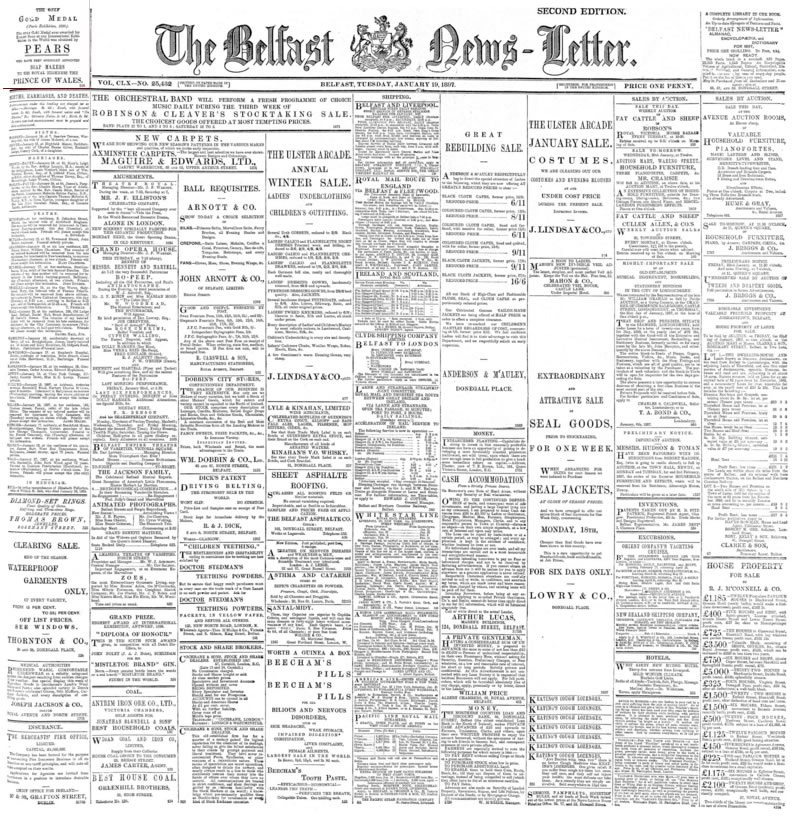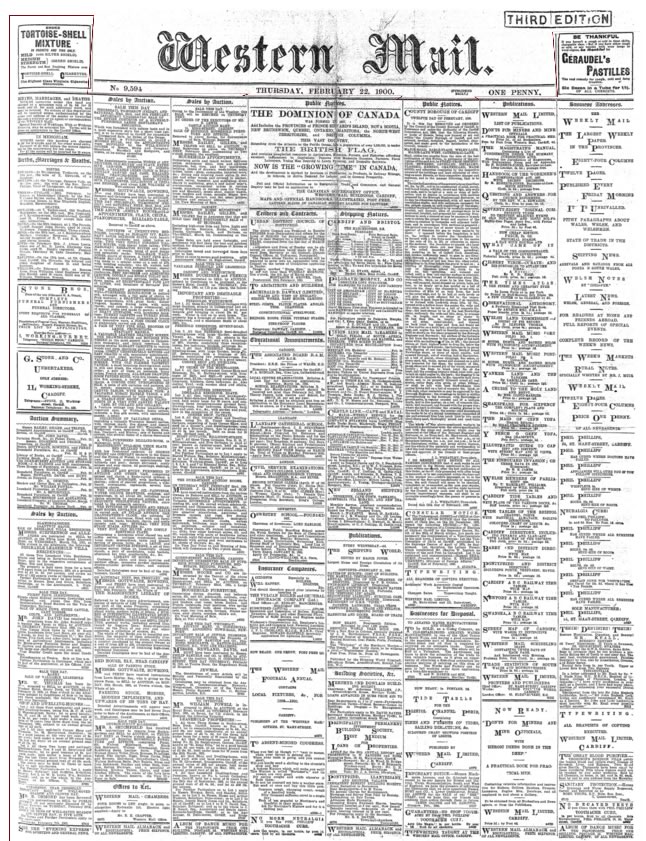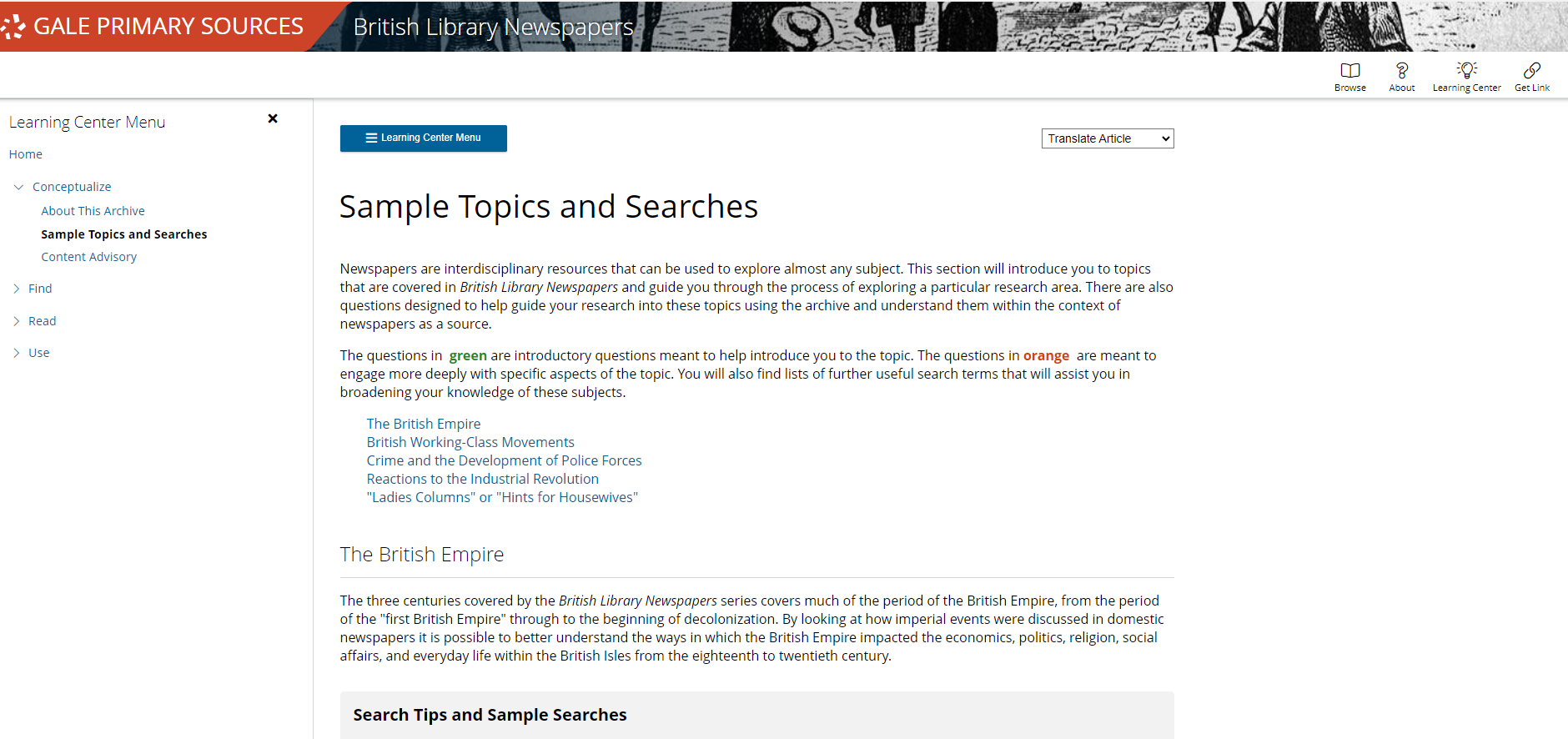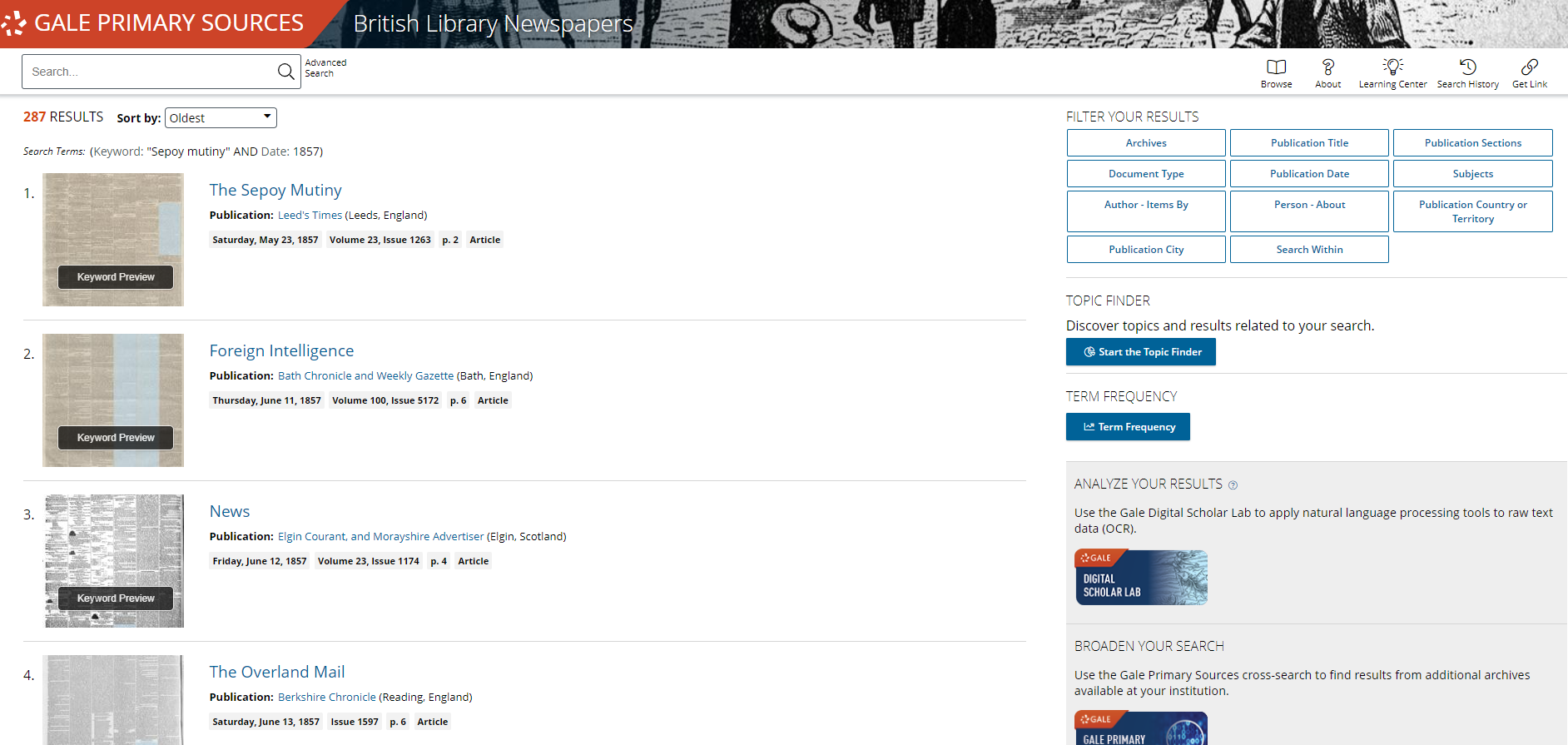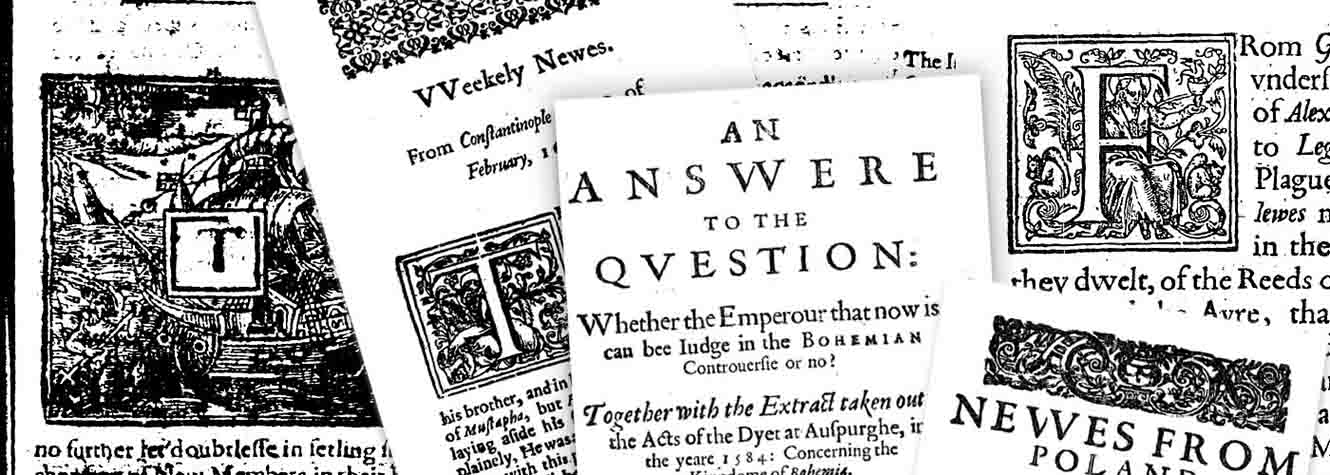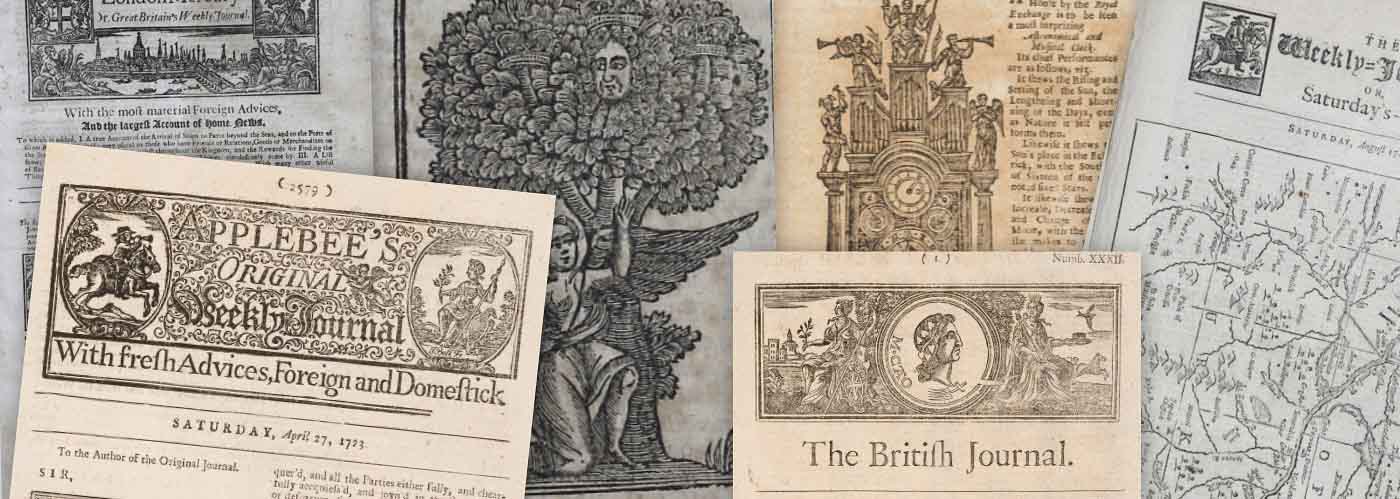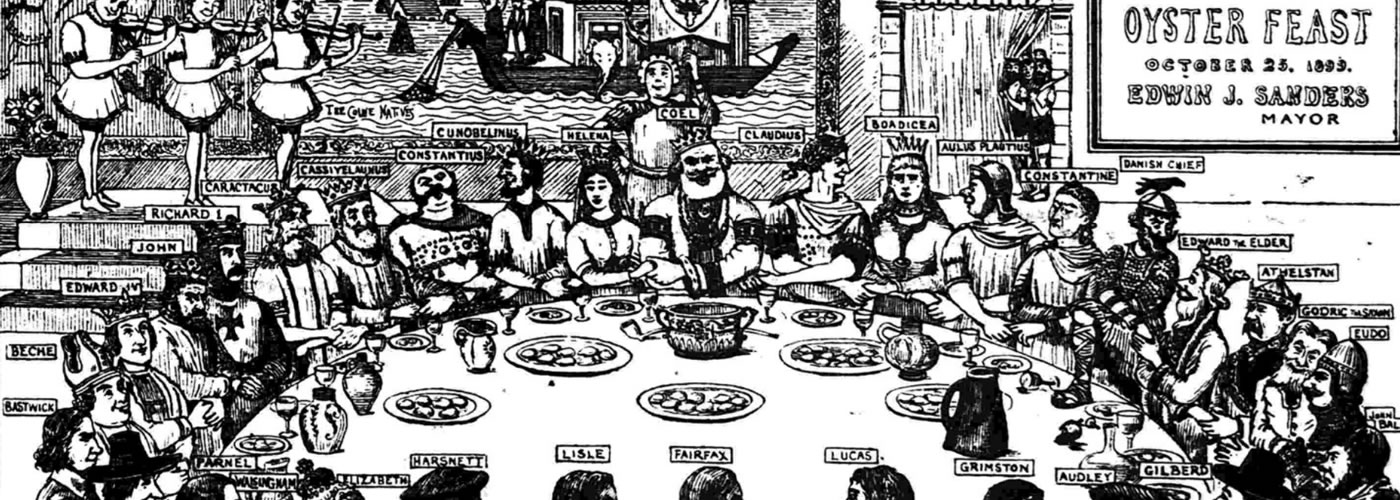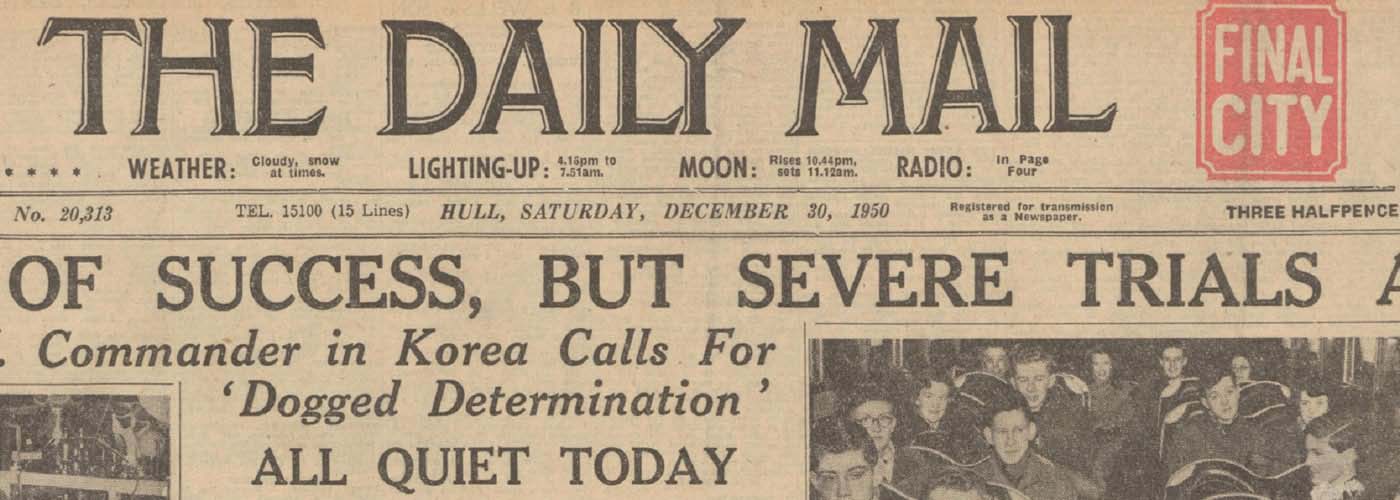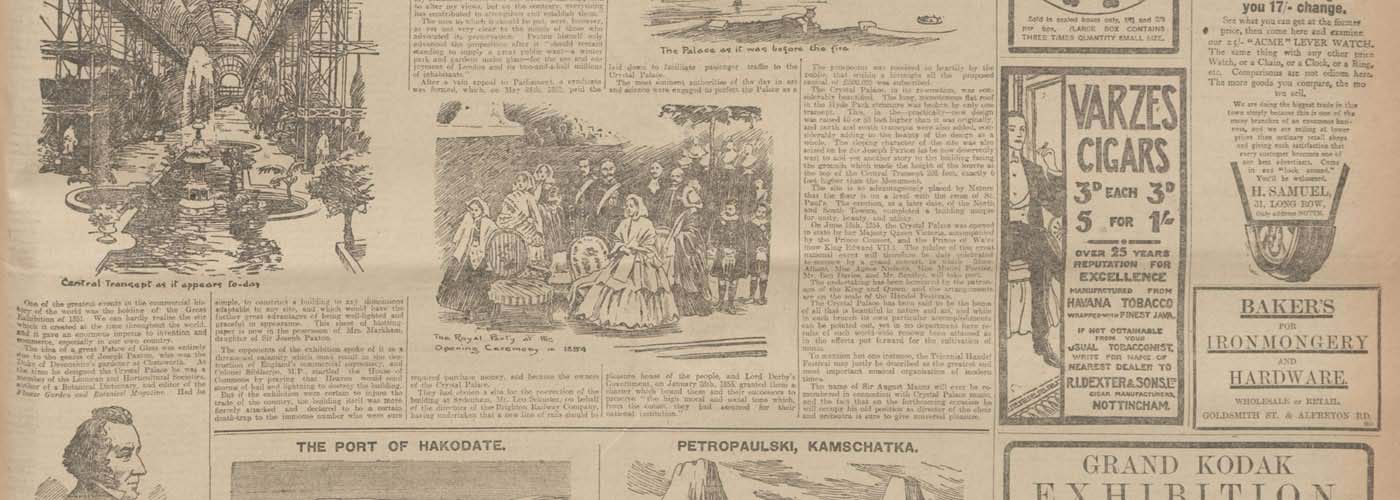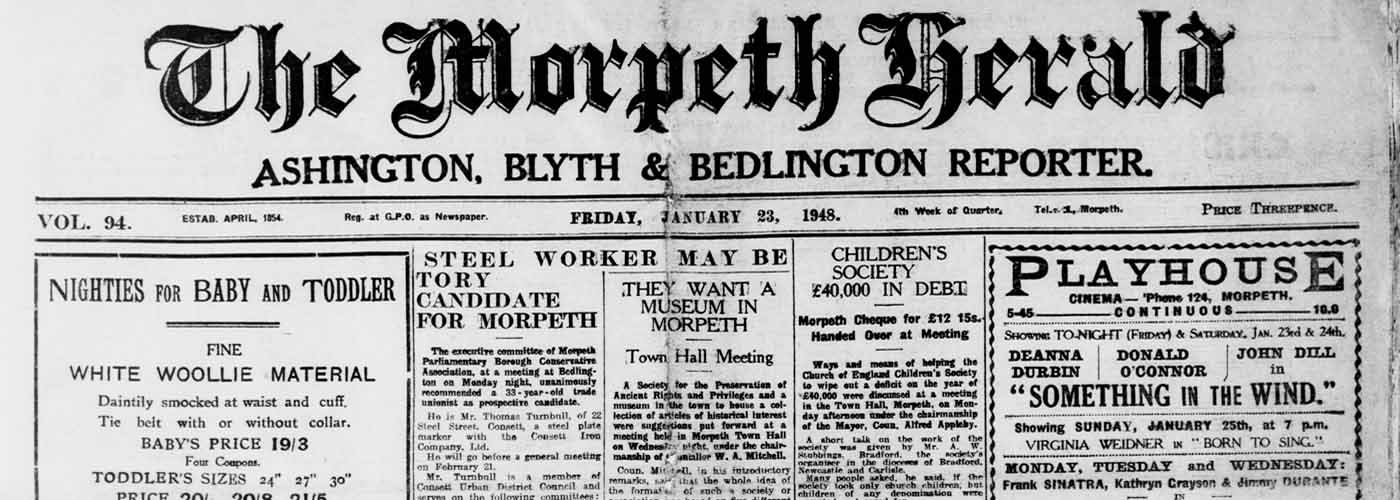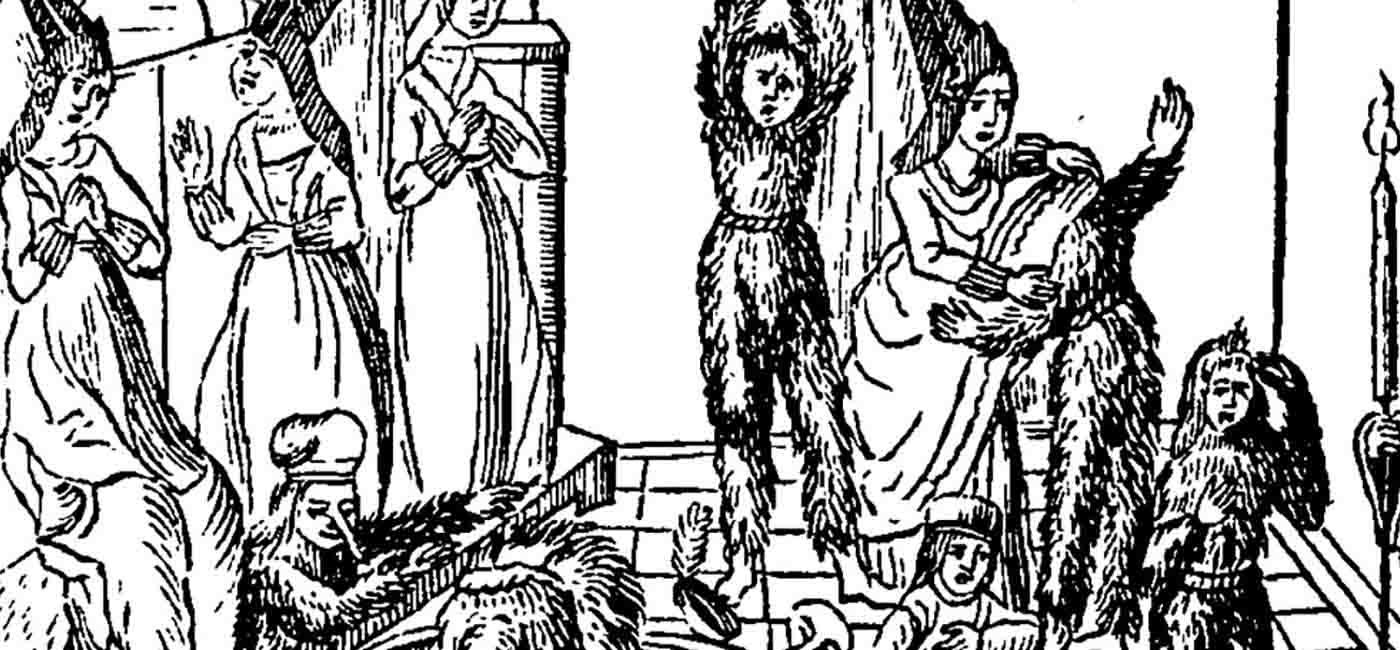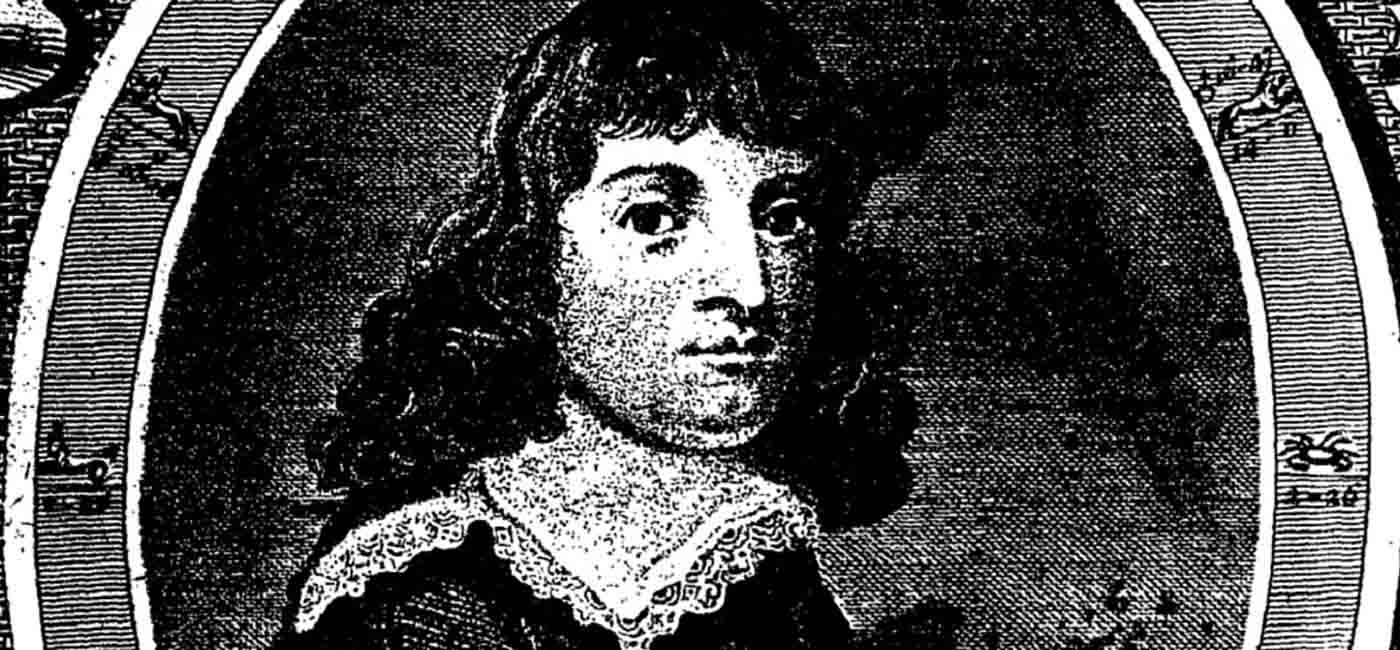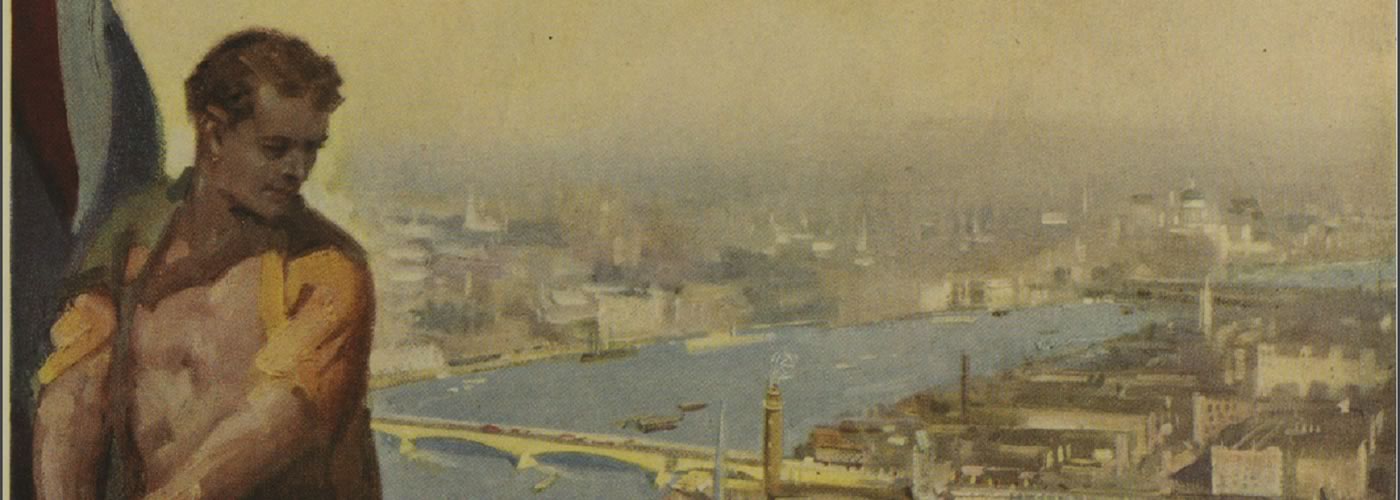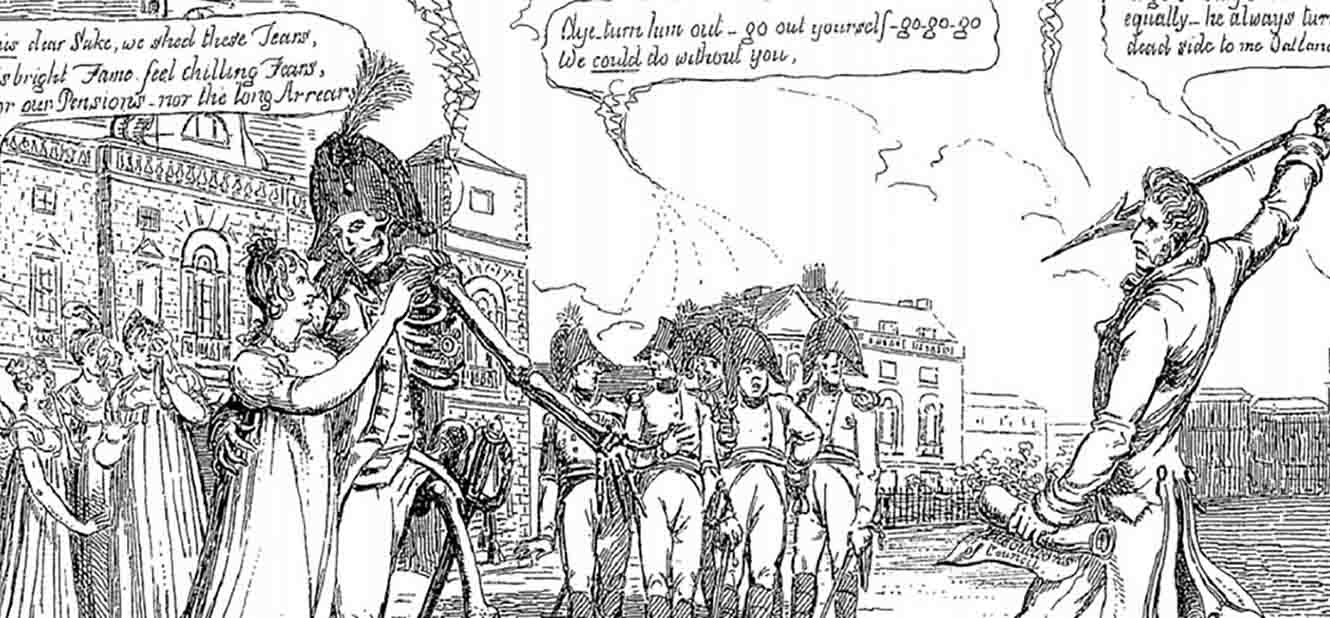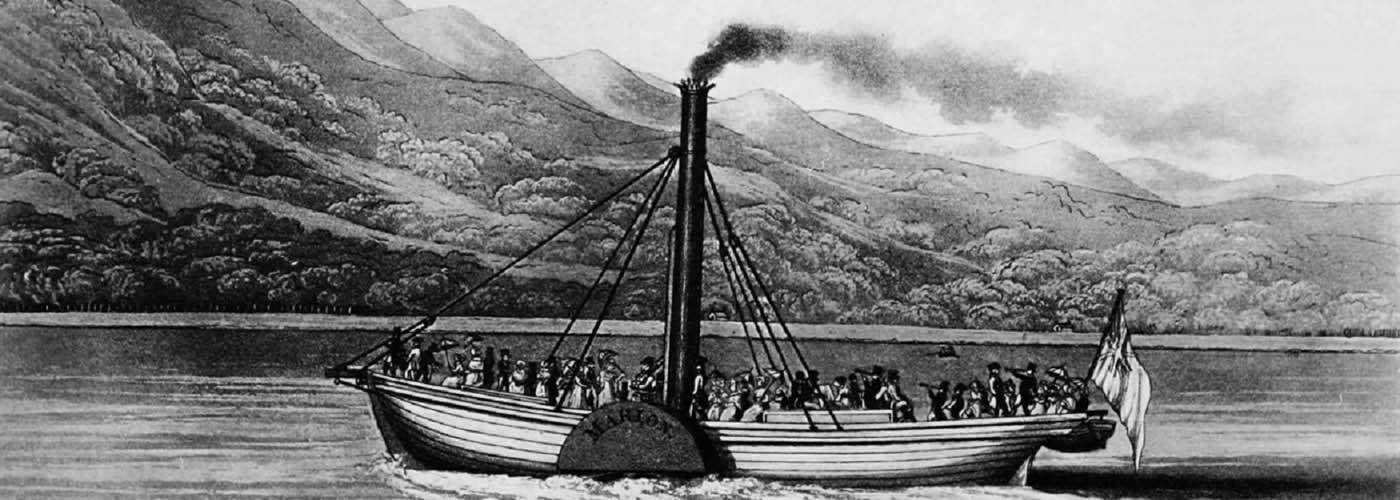Enhance your understanding of regional life and culture in Victorian-era Britain with a trove of local newspaper coverage and firsthand accounts.
British Library Newspapers, Part I: 1800-1900 is part of the British Library Newspapers series, providing researchers with the most comprehensive collection of national and regional newspapers of Victorian Britain available. This full-text, fully searchable digital archive includes 47 papers originating in England, Scotland, and Ireland, carefully selected by an editorial board from the British Library and providing a broad yet detailed view of nineteenth-century Britain and the world. The collection is made up of daily and weekly publications and reflects Britain's growing role as a dominant power in the nineteenth-century world.
Multidisciplinary in scope, newspapers in British Library Newspapers, Part I: 1800-1900 range from early tabloids like the Illustrated Police News to radical papers like the Chartist Northern Star. Other notable papers of Part I include the Morning Chronicle, with famous contributors such as Henry Mayhew and John Stewart Mill; the Graphic, publishing both illustrations and news as well as illustrated fiction; and the Examiner, the radical reformist and leading intellectual journal.
With England's emergence as the dominant global power of the nineteenth century, newspapers began to experience a higher degree of freedom of the press. Newspapers of the time served not only documented historical, economic, and political events but also reflected social and cultural ideas, trends, and conflicts.
From monumental historic events, such as the Battle of Trafalgar and the total defeat of Napoleon Bonaparte, to day-to-day news, such as the opening of the first electric tube railway or the construction of the English Channel, this collection covers it all. The first-person perspectives and reporting techniques are highly valued by both the serious historian and the more casual researcher. This comprehensive collection features:
- Titles from England, Scotland, Ireland, and Wales – 47 titles in Part I
- Titles in specialist areas such as Victorian radicalism and Chartism
- Bibliographic headnotes for each newspaper, explaining its importance
- Contextual essays regarding the role of newspapers in the Victorian age
- A chronological overview of nineteenth-century Britain
- Many illustrations with examples of early photography
- Global coverage
- Newspapers selected on the basis of their importance
Titles included in Part I: 1800-1900:
- Aberdeen Journal (Aberdeen)
- Baner (Denbigh)
- Belfast News-Letter (Belfast)
- Birmingham Daily Post (Birmingham)
- Brighton Patriot (Brighton)
- Bristol Mercury (Edinburgh)
- Caledonian Mercury (Edinburgh)
- Champion (London)
- The Charter (London)
- Chartist (London)
- Chartist Circular (Glasgow)
- Cobbet's Weekly Political Register (London)
- Daily News (London)
- Derby Mercury (Derby)
- The Era (London)
- Examiner (London)
- Freeman's Journal (Dublin)
- Ganedl (Caernaryon)
- Glasgow Herald (Glasgow)
- Goleuad (Caemarvon)
- Graphic (London)
- Hampshire/Portsmouth Telegraph (Portsmouth)
- Hull Packet (Hull)
- Illustrated Police News (London)
- Ipswich Journal (Ipswich)
- Jackson's Oxford Journal (Oxford)
- Leeds Mercury (Leeds)
- Liverpool Mercury (Liverpool)
- Lloyd's Illustrated Newspaper (London)
- London Dispatch (London)
- Manchester Times (Manchester)
- Morning Chronicle (London)
- Newcastle Courant (Newcastle upon Tyne)
- North Wales Chronicle (Bangor)
- Northern Echo (Darlington)
- Northern Liberator (Newcastle upon Tyne)
- Northern Star (Leeds)
- Odd Fellow (London)
- Operative (London)
- Pall Mall Gazette (London)
- The Penny Illustrated Paper (London)
- Poor Man's Guardian (London)
- Preston Chronicle (Preston)
- Reynold's Newspaper (London)
- Southern Star (London)
- Trewman's Exeter Flying Post (Exeter)
- Western Mail (Cardiff)
FEATURED TESTIMONIAL
“The most significant impact has been upon my students. I used to shy away from encouraging essay and dissertation topics that involved extensive use of the press, knowing from experience that results were too hard-won and unpredictable for all but the most determined. But the situation has now changed. I can see real opportunities for a revival in reception studies and work on public reputations. One undergraduate last term, for example, tracked the early weeks of the newspaper reception of Darwin's Origin of Species, the first time this had been attempted for half a century. I used to spend much of my time showing students how to find things; now there is more time for them to think.”
- Prof. James A. Secord, History and Philosophy of Science, University of Cambridge
Look Inside
Additional Details
subjects covered
- British Studies
- European Studies
- Western European Studies
- Gender & Women's Studies
- Humanities & Social Sciences
- Sociology
- Religion & Philosophy
- Science & Technology
Support Materials
View and download these PDFs
Platform Features & Tools
Term Frequency
It allows researchers to see the frequency of search terms within content sets to identify central themes and assess how people, places, events and ideas interact and develop over time.
Buscador de temas
Esta herramienta agrupa los temas más comunes y revela conexiones ocultas entre los términos de búsqueda, lo que ayuda a dar forma a la investigación integrando contenidos diversos con información relevante.
Búsquedas simultáneas
Busca al mismo tiempo dentro de los productos complementarios de fuentes primarias, incluidos los ebooks, a través de un entorno de búsqueda unificado que posibilita nuevas e innovadoras conexiones de investigación.
Reviews & Testimonials
“Overall, this is a wonderfully rich resource which has all the benefits of a well-funded, exhaustively researched project designed with the views of potential users well to the fore. The process of academic consultation has produced a selection of material which is certainly of enormous value for those wishing to better understand the language, layout and political contexts of the 19th-century newspaper across the British Isles.”
“I have always been suspicious of claims that electronic resources can transform your research life, but an exception has to be made for the online archive of British Library nineteenth-century newspapers. For the first time, it is possible to search a wide range of titles in the provincial and metropolitan press quickly and easily: work that would have taken painful weeks on a microfilm reader can now be done in an afternoon. Everything from biographical details to editorials about major events can be recovered, making this a tool useful for anyone interested in the national past.”
“19th Century BL Newspapers Online gives us an invaluable new perspective on the way Victorian Britain came to understand itself as a community of citizens, consumers and commentators. It is hard to imagine any researcher with nineteenth-century interests to whom it does not offer important insights on their subject: and it is dangerously addictive!”
“We have found the 19th Century British Library Newspapers an excellent resource that is heavily used by both public and staff. It is excellent news that we now have access to a significant number of additional titles and I’m sure that our users will be very pleased.”
“This is an electronic resource worth investing in, and will be indispensable in research libraries' periodicals collections. Summing Up: Highly recommended. All levels/libraries.”
“The 19th-century British Library Newspapers add to a rich collection of other historical material that is already available from Cengage. . . . Gale's other U.K. historical material includes the Economist archive from 1843 to 2000, the Burney Collection of 17th- and 18th-century newspapers, and 19th-century U.K. periodicals. . . .Together, these resources will give historians and other researchers unparalleled access to historical material.”


